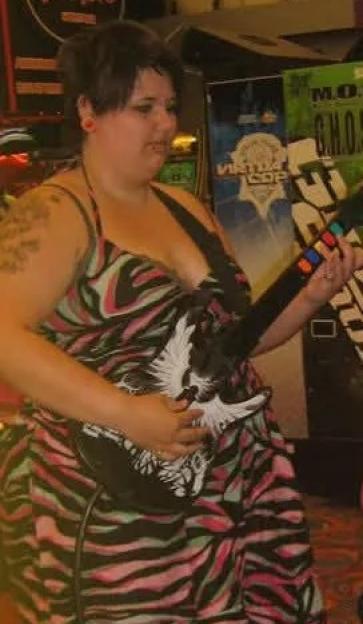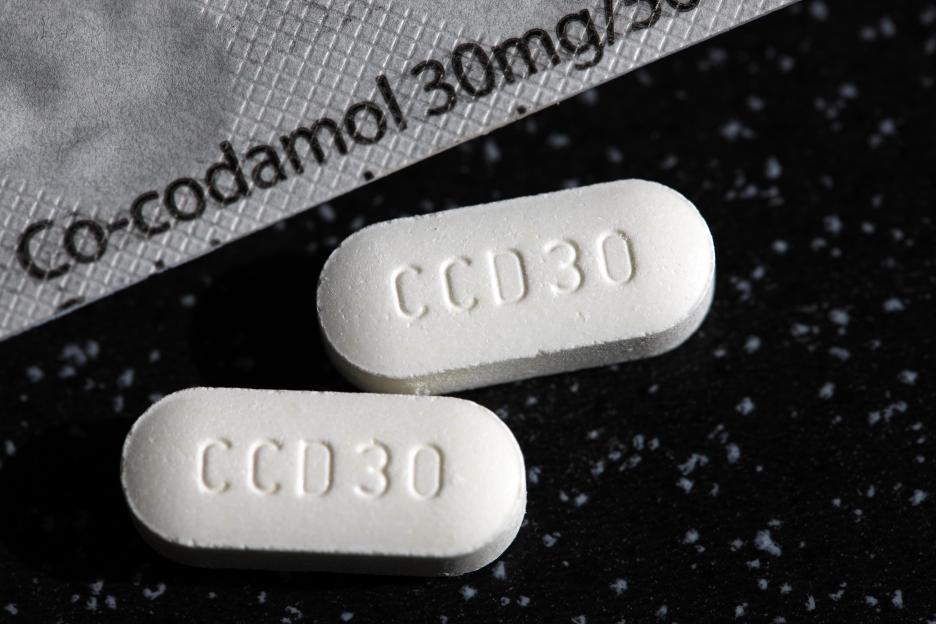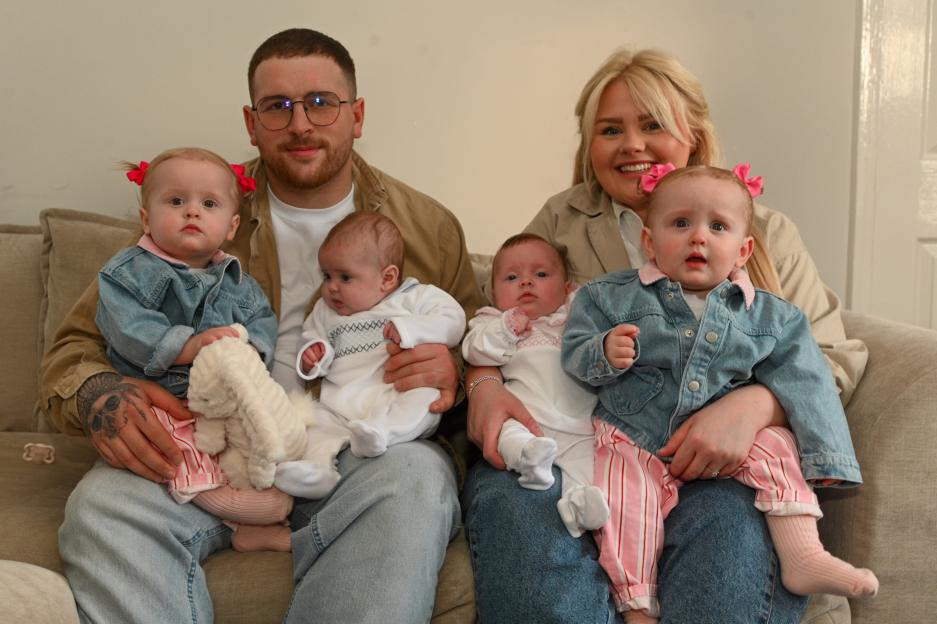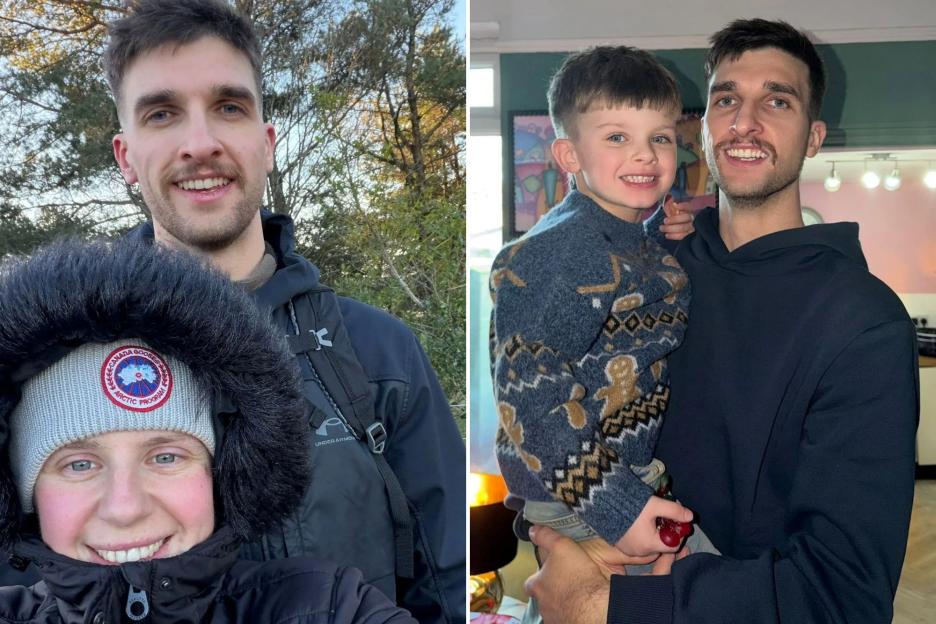FOUR in five people living with chronic pain are hiding their condition â held back by stigma, ineffective treatments, and long NHS waiting times, it’s been found.
Research of 4,000 adults found 54 per cent of those not seeking support blamed long waits for treatment via the service.
 Stigma, ineffective treatments, and long NHS waiting times are among the reasons why people live with chronic pain
Stigma, ineffective treatments, and long NHS waiting times are among the reasons why people live with chronic painNearly half (45 per cent) are suffering in silence due to scepticism from friends, family, and colleagues.
Meanwhile, 40 per cent worry about appearing “weak”;, and 33 per cent simply don’t want to be a burden.
Among those who have sought help, 17 per cent reported that traditional treatments aren’t working, leaving 41 per cent desperate for alternative pain management options.
The research was commissioned for Curaleaf Clinic’s Pain Unmasked campaign, which aims to expose the hidden realities of living with chronic pain.
Dr Simon Erridge, research director at the medical clinic, said: “With traditional treatments failing many, chronic pain patients are left suffering in silence.
“Evidence for medical cannabis is growing, and demand is rising â we have seen a 34 per cent increase in chronic pain patients in the last year â yet many still don’t know how to access it.
“Greater awareness and support are needed to ensure patients get the treatment they deserve.”;
It is estimated that close to 28 million people in the UK suffer from chronic pain conditions, and the emotional toll is severe.
Everyday activities like sleeping (44 per cent), exercising (40 per cent), socialising (28 per cent), and maintaining (15 per cent) are significantly impacted.
And one in five (20 per cent) experience isolation due to their pain.
To highlight these hidden struggles, Curaleaf Clinic’s campaign brings chronic pain sufferers’ experiences to life through art.
Collaborating with artist Hayley Wall and three pain sufferers â influencer Mesha Moinirad (CORR), and patients Fran Taylor and Ryan Swanepoel (CORR) â the campaign transforms real pain into physical masks, revealing the emotional burden of masking their condition.
Ryan Swanepoel, who has limb girdle muscular dystrophy, a condition which causes weakness and wasting of the muscles around the hips and shoulders, said: “For years, I kept the full extent of my pain hidden â it felt like no one truly understood or knew how to manage it.
“I tried traditional treatments, but they changed who I was and carried risks that made long-term use impossible.
“It wasn’t until I discovered medical cannabis that I finally found some form of relief. It’s transformed my life, and more people deserve to know this option is out there.”;
Fran Taylor, who is living with , added: “Endometriosis has controlled my life for 12 years, leaving me waiting endlessly for effective treatment.
 Ryan Swanepoel lives with limb girdle muscular dystrophy
Ryan Swanepoel lives with limb girdle muscular dystrophy Fran Taylor is living with endometriosis
Fran Taylor is living with endometriosis“I was dismissed and misunderstood for so long, feeling completely isolated. Pain shouldn’t be suffered in silence â we need to speak up, advocate for ourselves, and get the support we deserve.”;
Opioids have been one of the most commonly prescribed medications for chronic pain, but only 39 per cent of patients find prescription painkillers such as these most effective.
Nearly as many (33 per cent) are now finding alternative therapies like acupuncture, creative therapies (e.g. painting, sculpture) and medical cannabis provide the most relief.
However, despite the legalisation of medical cannabis in 2018, awareness and access remain major barriers â with 16 per cent of sufferers unaware it is legal and 18 per cent unsure how to access it.
Nearly a third of pain patients (30 per cent) would like to speak to their GP about medical cannabis as a treatment option and 26 per cent would be open to trying it if available on the NHS.
Dr Simon Erridge added: “We provide evidence-backed insights to campaign for greater availability.
“Government support is critical to expanding access for current and future patients.
“Without funding for research and the political will to help medical cannabis patients, progress towards NHS access has stalled.
“No one should be left struggling when potential solutions exist.”;







